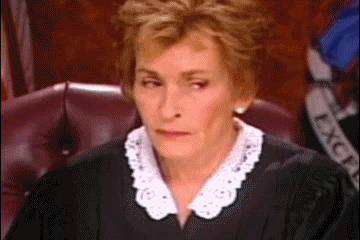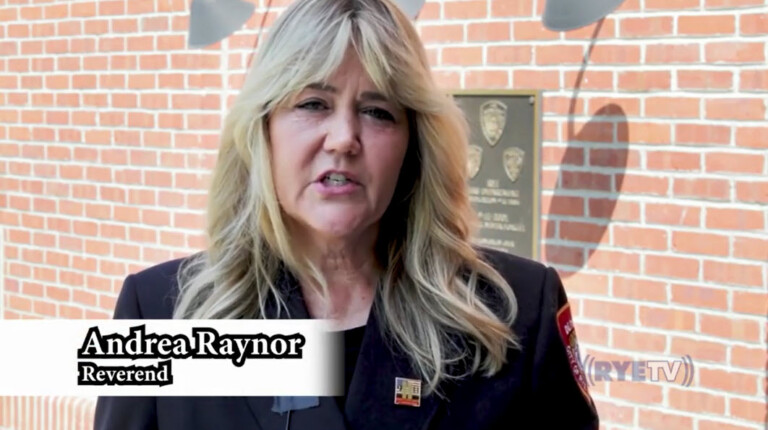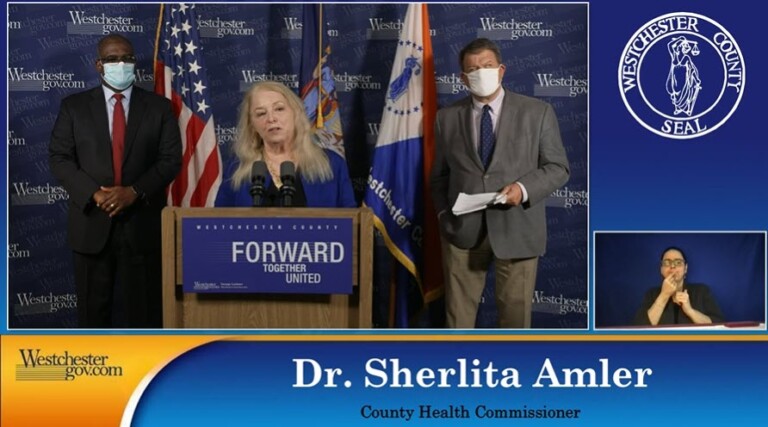Holding Court: Immunity, Part 2
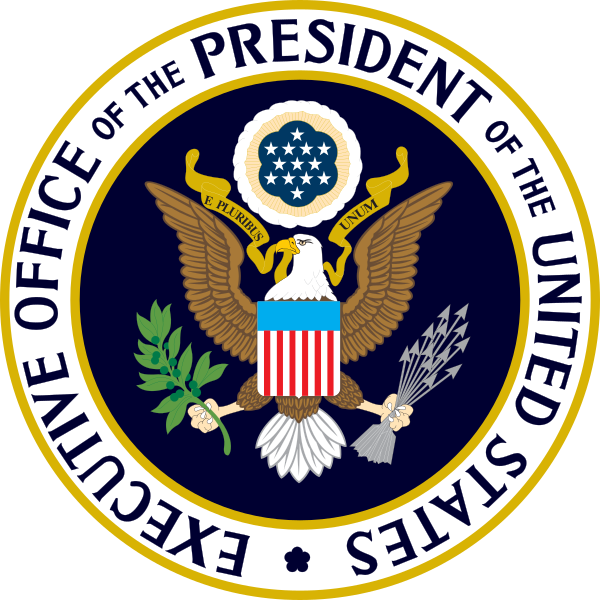
Holding Court is a series by retired Rye City Court Judge Joe Latwin. Latwin retired from the court in December 2022 after thirteen years of service to the City.
What topics do you want addressed by Judge Latwin? Tell us.
By Joe Latwin
The is Part 2 from last week’s column: Holding Court: Immunity, Part 1.
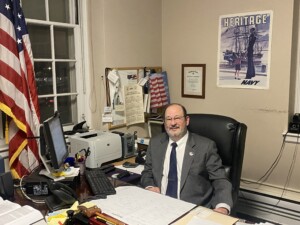
In Band of Brothers, Major Winters sees Captain Sobel pass with a salute. There had been ill feelings between them. Majors Winters tells the Captain, “We salute the rank, not the man.”
Likewise, immunity derives from the office, not the person of the office holder. While no man may be above the law, certain offices may be above the law by virtue of the powers and duties of the office.
The classic example of immunity is derived from the Kings of England. The King does not need a driver’s license since licenses are issued in the name of the King. (I guess for purposes of identification, the King could simply whip out a five-pound note with his picture on it! Joke: Before he was King, if the prince went to a strip club, would he put pieces of paper with pictures of his mother in the stripper’s g string?). Also, the King cannot be prosecuted criminally since criminal charges are brought in the name of the King.
Earlier this month, the Supreme Court explored the extent of immunity. A federal grand jury indicted former President Trump for conduct that occurred during his Presidency. This was the first criminal prosecution of a former President for actions taken during his Presidency. Trump moved to dismiss the indictment based on Presidential immunity, arguing that a President has absolute immunity from criminal prosecution for actions performed within the outer perimeter of his official responsibilities, and that the indictment’s allegations fell within the core of his official duties. The District Court denied Trump’s motion to dismiss, holding that former Presidents do not possess federal criminal immunity for any acts. The D. C. Circuit affirmed. Both the District Court and the D. C. Circuit declined to decide whether the indicted conduct involved official acts.
Determining whether and under what circumstances such a prosecution may proceed requires careful assessment of the scope of Presidential power under the Constitution. Article II of the Constitution vests “executive Power” in “a President of the United States of America.” The President has duties of “unrivaled gravity and breadth.” His authority to act necessarily “stem[s] either from an act of Congress or from the Constitution itself.” The President’s authority is sometimes “conclusive and preclusive.” The nature of that power requires that a former President have some immunity from criminal prosecution for official acts during his tenure in office. At least with respect to President’s exercise of his core constitutional powers, this immunity must be absolute. When the President exercises such authority, Congress cannot act on, and courts cannot examine, the President’s actions. It follows that an Act of Congress—either a specific one targeted at the President or a generally applicable one—may not criminalize the President’s actions within his exclusive constitutional power. Neither may the courts adjudicate a criminal prosecution that examines such Presidential actions. The Court concluded that the President is absolutely immune from criminal prosecution for conduct within his exclusive sphere of constitutional authority.
Not all of a President’s official acts fall within his “conclusive and preclusive” authority. The reasons that justify the President’s absolute immunity from criminal prosecution for acts within the scope of his exclusive constitutional authority do not extend to conduct in areas where his authority is shared with Congress. To determine the President’s immunity in this context, the Court looks primarily to the Framers’ design of the Presidency within the separation of powers, precedent on Presidential immunity in the civil context, and criminal cases where a President resisted prosecutorial demands for documents. The Framers designed the Presidency to provide for a “vigorous” and “energetic” Executive. They vested the President with “supervisory and policy responsibilities of utmost discretion and sensitivity.” Appreciating the “unique risks” that arise when the President’s energies are diverted by proceedings that might render him “unduly cautious in the discharge of his official duties,” the Court has recognized Presidential immunities and privileges “rooted in the constitutional tradition of the separation of powers and supported by our history. A former President is entitled to absolute immunity from “damages liability for acts within the ‘outer perimeter’ of his official responsibility.” The Court’s “dominant concern” was to avoid “diversion of the President’s attention during the decision-making process caused by needless worry as to the possibility of damages actions stemming from any particular official decision.” By contrast, when prosecutors have sought evidence from the President, the Court has consistently rejected Presidential claims of absolute immunity. During the treason trial of former Vice President Aaron Burr, for instance, Chief Justice Marshall rejected President Thomas Jefferson’s claim that the President could not be subjected to a subpoena. Marshall simultaneously recognized, however, the existence of a “privilege” to withhold certain “official paper[s].” When a subpoena issued to President Richard Nixon, the Court rejected his claim of “absolute privilege.” But recognizing “the public interest in candid, objective, and even blunt or harsh opinions in Presidential decision making,” it held that a “presumptive privilege” protects Presidential communications.
At a minimum, the President must be immune from prosecution for an official act unless the Government can show that applying a criminal prohibition to that act would pose no “dangers of intrusion on the authority and functions of the Executive Branch.” As for a President’s unofficial acts, there is no immunity. The separation of powers does not bar a prosecution predicated on the President’s unofficial acts. The first step in deciding whether a former President is entitled to immunity from a particular prosecution is to distinguish his official from unofficial actions.
The first step is to differentiate between a President’s official and unofficial actions. Uncharacteristically, the Supreme Court offered guidance. It usually lets cases percolate up through the Courts so that the issues are concrete and fully explored. When the President acts pursuant to “constitutional and statutory authority,” he takes official action to perform the functions of his office. The immunity extends to the “outer perimeter” of the President’s official responsibilities, covering actions so long as they are “not manifestly or palpably beyond [his] authority.” Where official conduct is involved, there is at least presumptive immunity from prosecution for such conduct. The question then becomes whether that presumption of immunity is rebutted under the circumstances. It is the Government’s burden to rebut the presumption of immunity. The Supreme Court sent the case back to District Court to assess whether the Government had met its burden. For determining whether acts were official or unofficial, a fact-specific analysis was required and the Court remanded the case to the District Court to determine in the first instance whether Trump’s conduct in this area qualifies as official or unofficial.
The Court also addressed whether a President’s public communications are likely to fall comfortably within the outer perimeter of his official responsibilities. Whether the communications involve official conduct may depend on the content and context of each communication.
The Court also said the Impeachment Judgment Clause does not require that impeachment and Senate conviction precede a President’s criminal prosecution. The President enjoys no immunity for his unofficial acts, and not everything the President does is official. The President is not above the law. But under our system of separated powers, the President may not be prosecuted for exercising his core constitutional powers, and he is entitled to at least presumptive immunity from prosecution for his official acts. That immunity applies equally to all occupants of the Oval Office.
In sum, Presidents are immune from their official acts but are not immune from unofficial acts. Whether an act was official of not must be determined by the lower courts.

